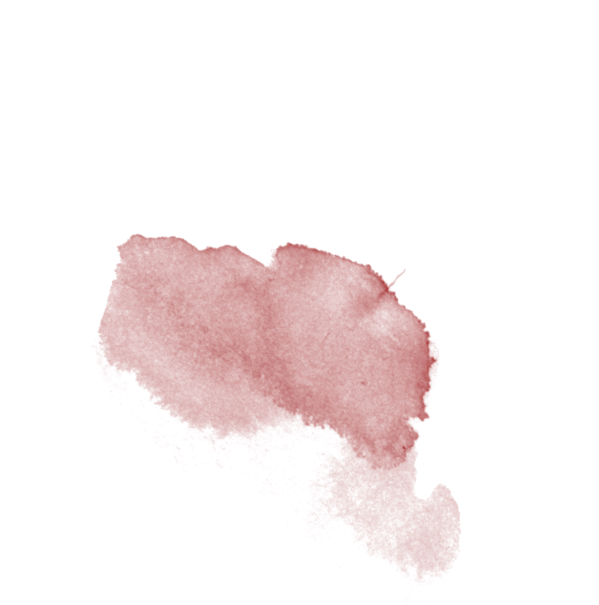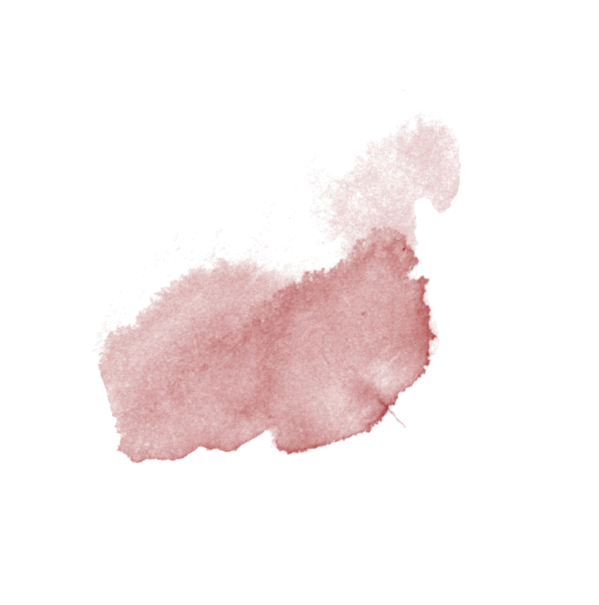Domaine Philippe & Vincent Jaboulet
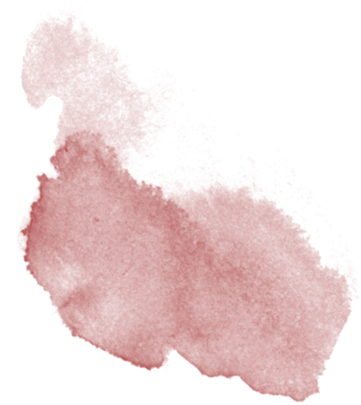
Domaine Philippe & Vincent Jaboulet: Family identity and innovation combined
For 25 years, until the estate was sold in 2006, Philippe Jaboulet oversaw the vineyards of his family business, the renowned Domaine Paul Jaboulet Aîné. Now, Philippe, along with his son Vincent have joined the movement of local growers making their own wines. Holding on to 15 hectares of original family vines, including the highly regarded Thalabert parcel (renamed Nouvelère) and purchasing another 15 ha, the two created a singular domain: Domaine Philippe & Vincent Jaboulet. The estate includes plots in Ermitage, Crozes-Hermitage, and Cornas.
The Nouvelère plot (a play on the words “nouvelle” and “era”), is renowned for the presence of larger rounded galet stones and is the oldest part of their vineyards with vines over 80 years old (planted during World War II). These older vines were planted more densely thus seeing more stress and competition on each vine resulting in lower yields (30/35 hl/ha), and in turn, more concentrated, structured wines than their other plots which average 40/45 hl/ha. Other plots are mostly composed of granite soil covered in loess with some red clay.
Since the inception of the Domaine, Philippe and Vincent have worked the vines as traditionally as possible which allowed them to achieve the highest level HVE certification in 2016. Vincent notes that “…what we’ve also done with the certification is to emphasize the importance of biodiversity around our plots, with the installation on certain plots of nesting boxes for bats and birds and our beehives, as well as the preservation of natural habitats around our plots.” The changing climate has forced some adjustments over the years, particularly with the management of hotter weather and water management (no watering allowed!). Not using weedkillers or insecticides means more work in the vineyard but their philosophy remains strong: Use traditional methods typical of the region, both in cultivation and in the cellar.
In the cellar, grapes are destemmed, then pressed with the juice seeing long maceration typically between 3 and 4 weeks. Of course, they adapt depending on each vintage condition and taste vats every 1-2 days to monitor the evolution of the wine. Depending on the cuvée, fermentation can take place in stainless steel, concrete, or wooden vats. Red wines are filtered only very lightly just before bottling to disturb the wine as little as possible.
This father and son team succeed by holding on to their identity, considering it a privilege to continue the family tradition of working in the vineyards passing from father to son for 6 generations. A great trinity of tradition, family, and dedication imbues the production of these iconic wines.
The Wines
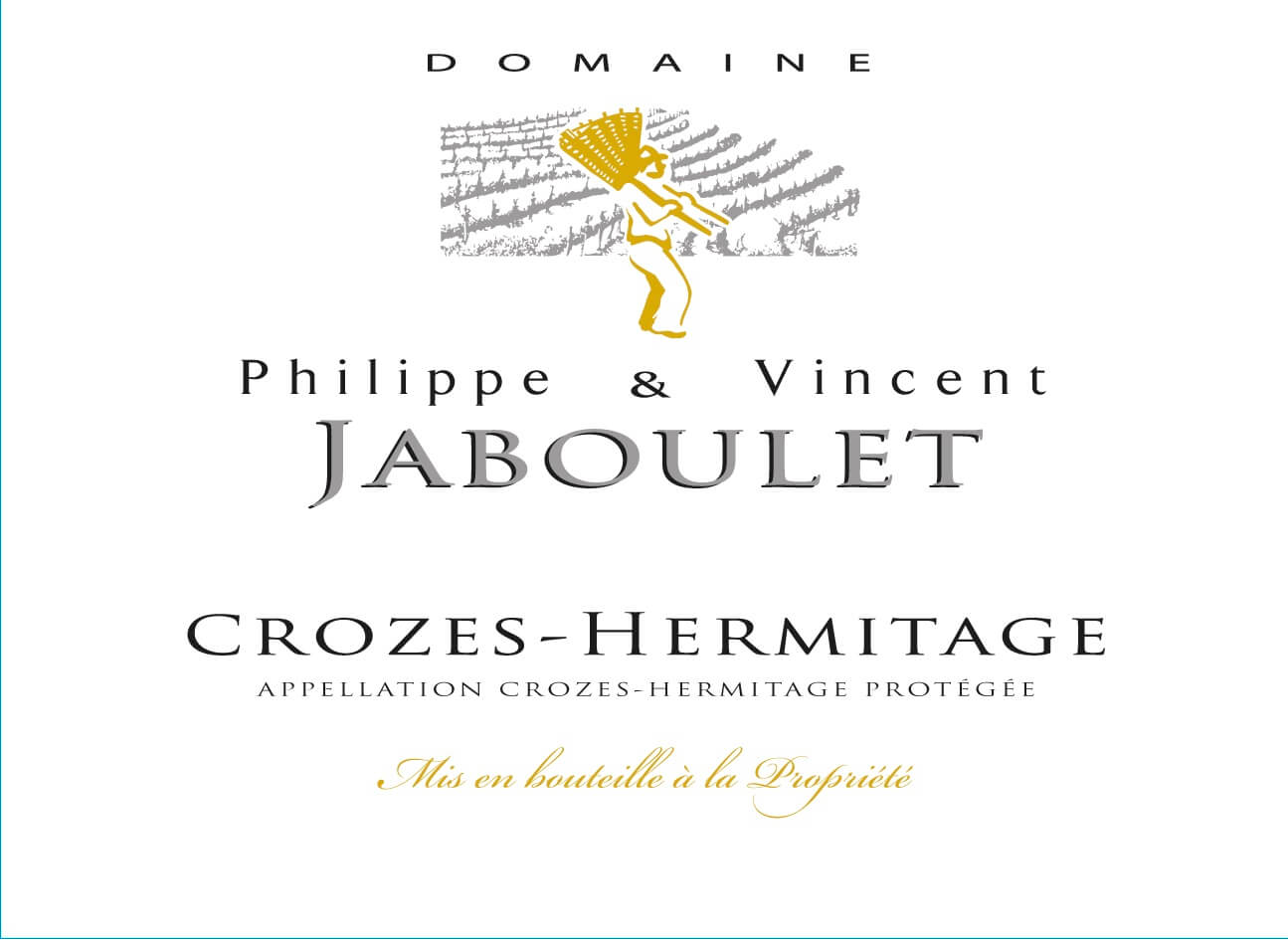
Crozes-Hermitage Rouge
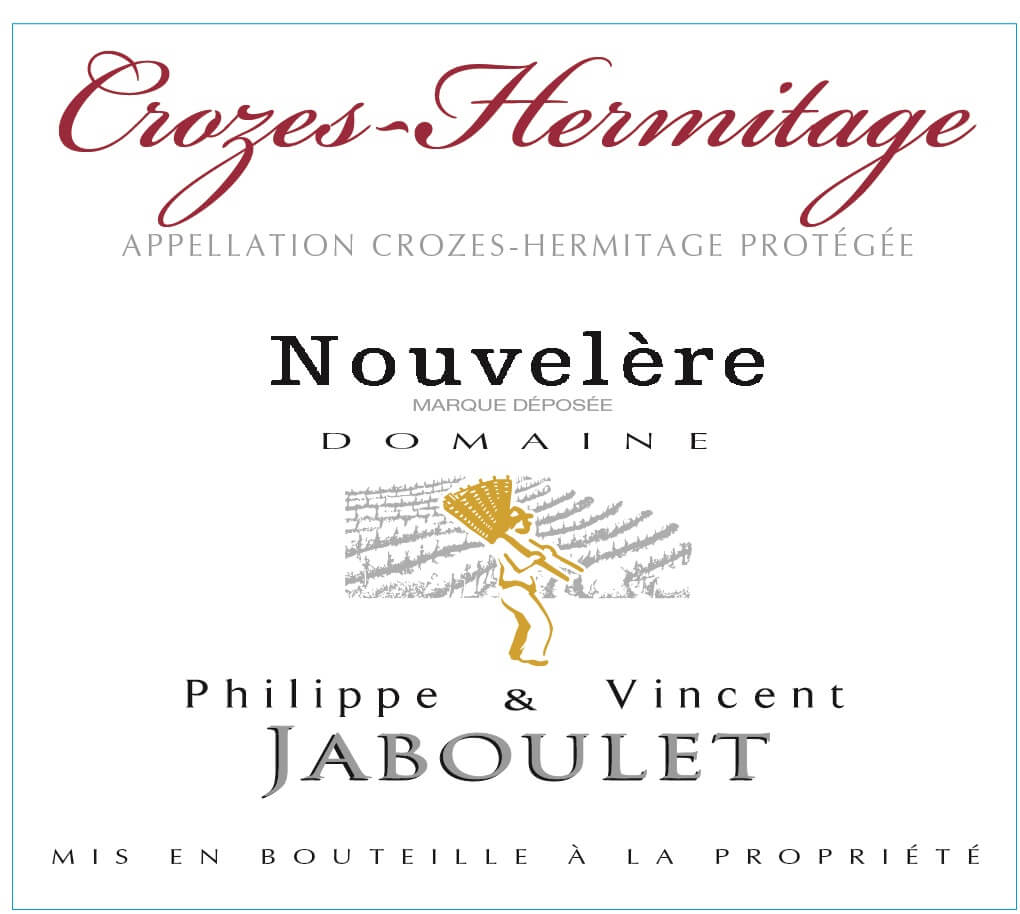
Crozes-Hermitage Nouvelère
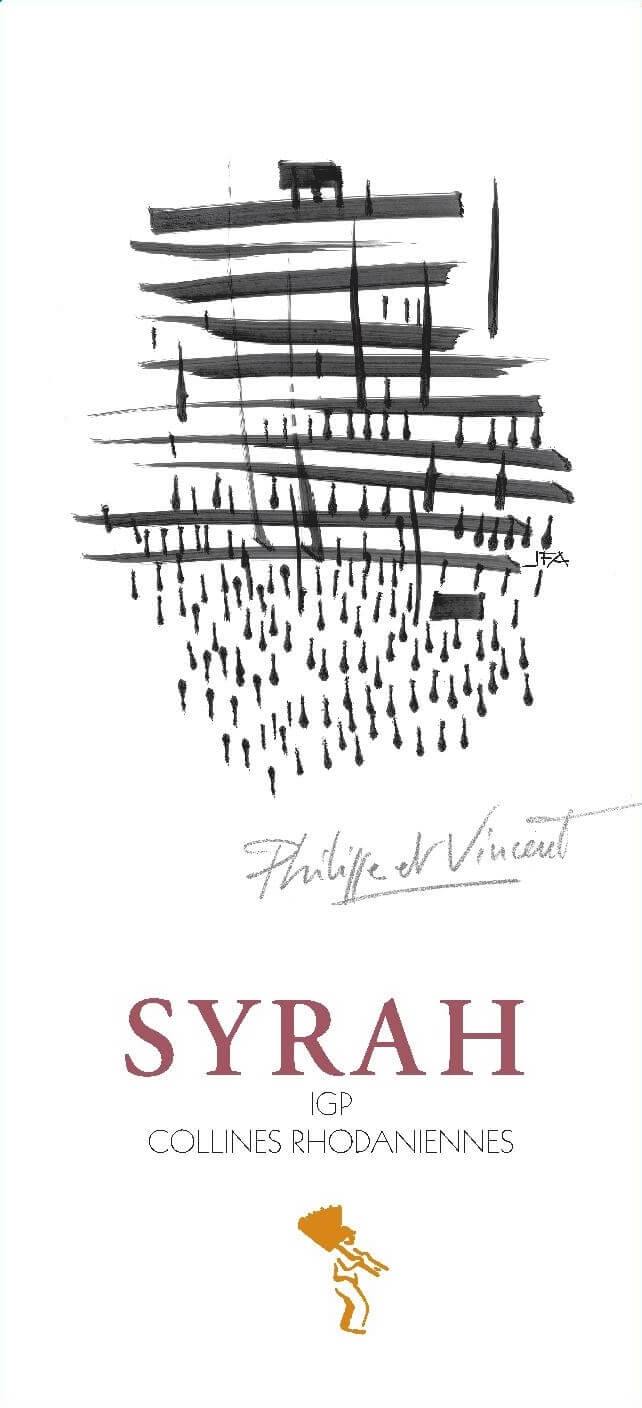
Syrah IGP Colline Rhodaniennes
